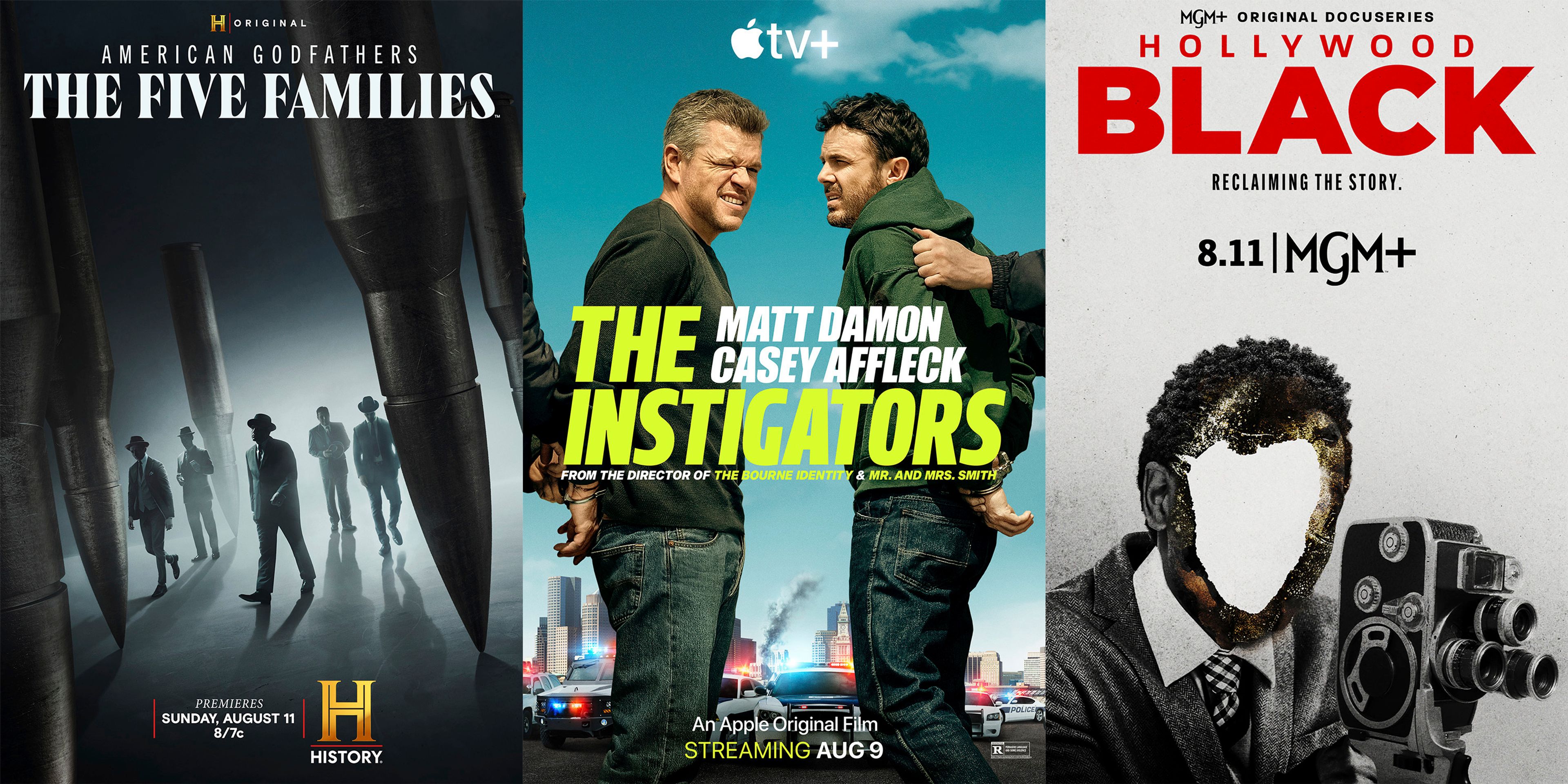PASADENA, Calif. -- Treat Williams refers to himself as "a pilot who acts to make a living."
But he doesn't have much time these days to perform aerobatics in his World War II-era T-6.
The 50-year-old actor is logging many commuter miles as the star of "Everwood," the WB's new series about a New York neurosurgeon who moves with his two kids to a more modest life in fictional Everwood, Colo., after his wife's death.
The series films in Salt Lake City and Ogden, Utah, and Williams flies home to New York -- either by commercial carrier or in his own twin-engine Piper Seneca -- as often as he can to see his wife, Pam, and their two children, Gill, 10, and Elinor, 3. If the series is a hit, "a family decision" will have to be made about moving west at the end of the first season. "Everwood" premieres Sept. 16 at 8 p.m.
Character in transition
The casting of Williams, most recognized for brooding, conflicted roles, suggests that the hour-long drama will be edgier than the WB's top-rated family series "7th Heaven," which begins its seventh season the same night at 7 p.m.
"Treat is not like your typical TV dad," says "Everwood" creator and executive producer Greg Berlanti. "He can reflect his tragedy with raw honesty, but he can also shift the mood with just the dance of his eyes, which can make a scene immediately become much funnier and a lot more irreverent."
It was Berlanti's idea that Williams grow a beard to play the doctor, Andrew Brown, a man "in transition."
This summer, when Williams was promoting the show at a Pasadena hotel, his beard was still at the half-formed "itchy" stage. Whatever length it ultimately reaches, it's never going to undercut the impact of his thick eyebrows, which shadow an intense, restless gaze. Even sitting still he's on the alert.
"If you move around like that, I can't focus. It's tough for me to talk," he says to a photographer trying to take his picture.
Williams was eager to stress the ensemble nature of the show. Gregory Smith plays Dr. Brown's rebellious 15-year-old son, Ephram; Vivien Cardone is his 9-year-old daughter, Delia. Debra Mooney plays Edna Abbott, a nurse who signs up to work in the new free clinic opened by Brown, and John Beasley is Mr. Irv, the school-bus driver.
The story lines revolve around Brown's struggle to place family above work, which he hadn't done in the past.
"He thinks it's going to be easy. He has this epiphany ... then he's astonished by what he doesn't know," says Williams, explaining his attraction to an evolving character "with enormous potential for growth."
Williams' previous ventures into series television ended quickly. In 1991, he played the title character in the short-lived legal series "Eddie Dodd." In 1993, he tried a sitcom -- "Good Advice," opposite Shelley Long.
"'Evolved' is not a word I would have applied to that series," he notes dryly.
Success in TV series
He's had more success in TV movies and miniseries. He played Stanley Kowalski in the 1984 production of "A Streetcar Named Desire," starring Ann-Margret as Blanche DuBois. In 1996, he earned a supporting-actor Emmy nomination for portraying Hollywood super-agent Mike Ovitz in "The Late Shift."
Williams' stage career ranges from an understudy in "Grease" in the 1970s to starring in last year's revival of "Follies." His film roles have varied from the ultimate hippie, Berger, in the 1979 production of the musical "Hair" to the slick studio mogul in this year's Woody Allen comedy "Hollywood Ending."
The best role of his life, he says, was rogue cop Daniel Ciello in Sidney Lumet's 1981 "Prince of the City," even though the part typed him as "a serious, dark, dramatic actor" -- an image he often struggles to lighten up.
Williams is content with having "so surpassed" his initial acting goal, which was just "to get jobs."
Connect with the Southeast Missourian Newsroom:
For corrections to this story or other insights for the editor, click here. To submit a letter to the editor, click here. To learn about the Southeast Missourian’s AI Policy, click here.








